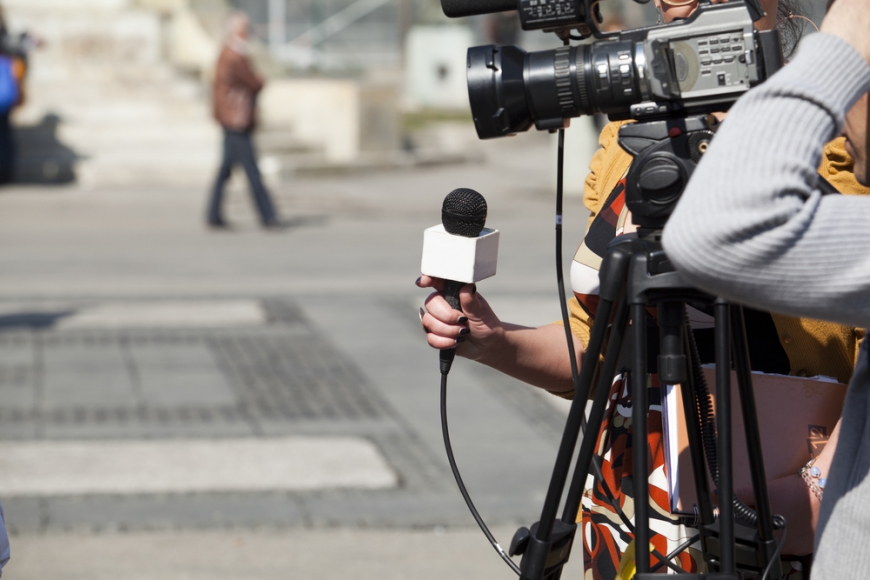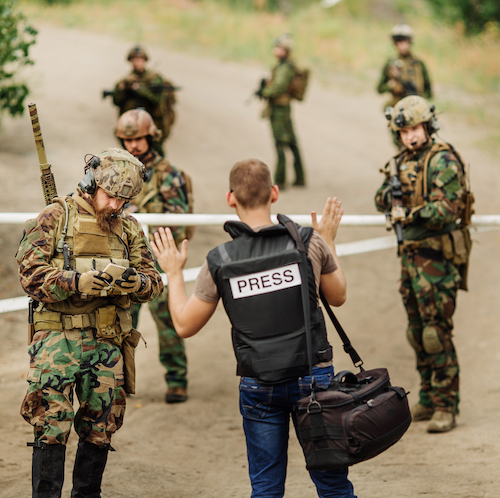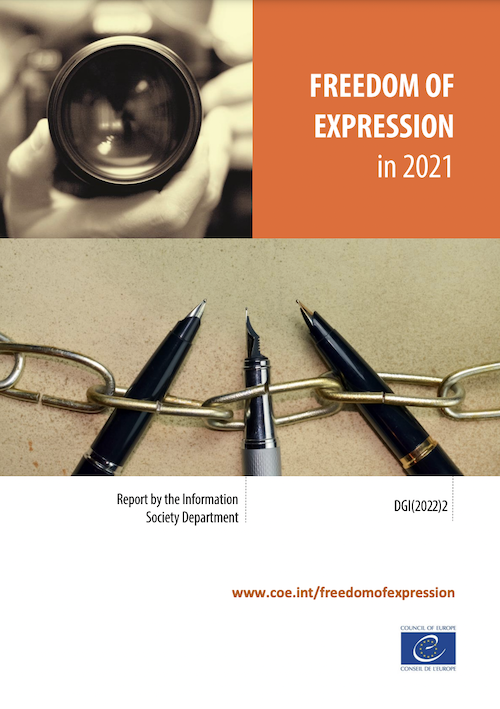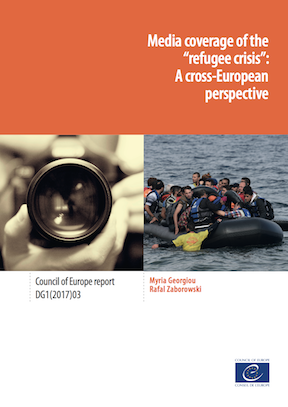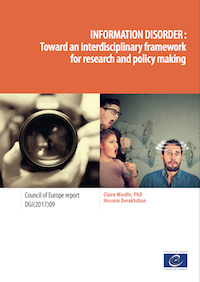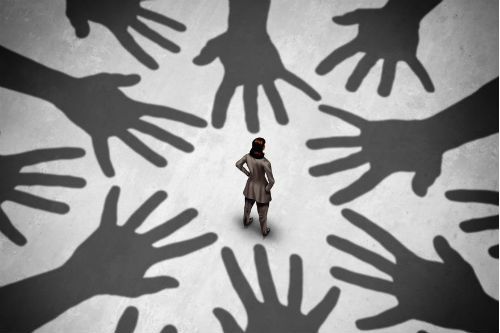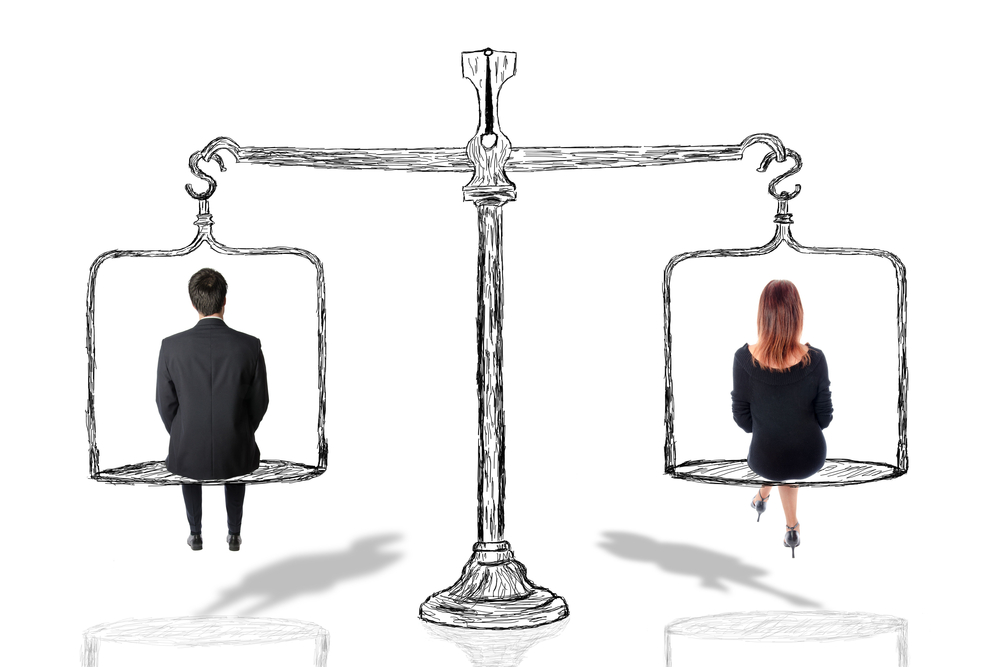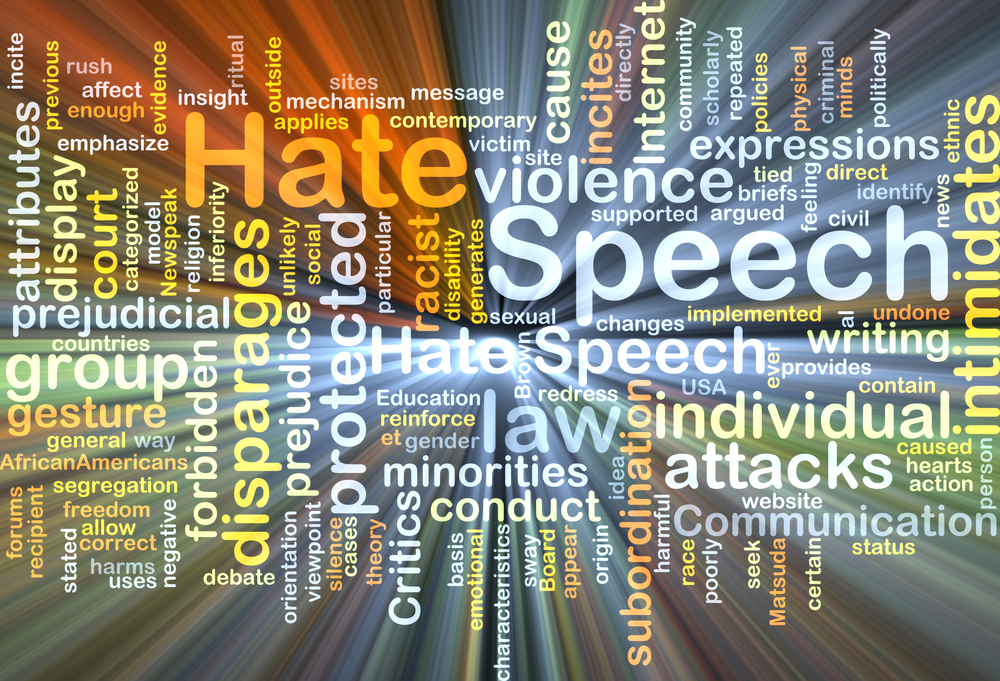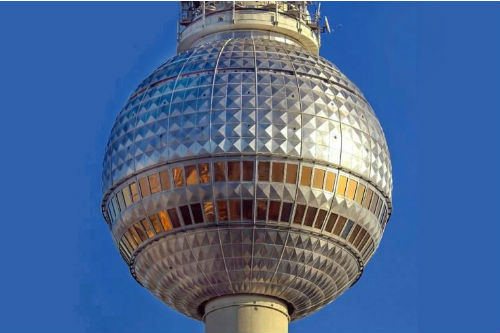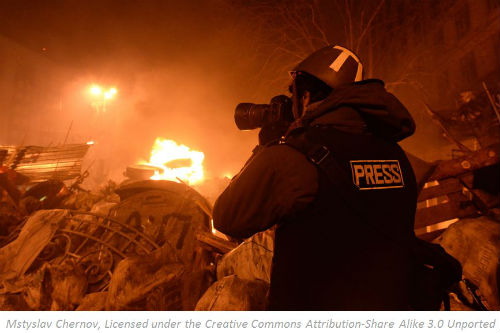On 11 July 2017 the Committee on Civil Liberties, Justice and Home Affairs of the European Parliament (LIBE) held a public hearing on Media Pluralism and freedom in the EU. In the opening of the meeting, the Chair and the rapporteur, MEP Spinelly underlined that all European Union Member States, being also Member States of the Council of Europe, should be encouraged by the EU to enforce the Council of Europe recommendations on the issue and use the tools that are provided.
On behalf of the Council of Europe, Marilyn Clark, Assistant Professor at the University of Malta, presented the highlights of the “2017 Report by the Secretary General Thorbjørn Jagland”, specifically that many member states fail to guarantee an enabling environment for journalists and that imprisonment of journalists has reached unprecedented numbers. She continued with a presentation of her study for the Council of Europe called: “Journalists under pressure - Unwarranted interference, fear and self-censorship in Europe”. The research drew its results from 940 journalists from the Council of Europe member states and Belarus. Regrettably, the vast majority did not feel protected against targeted surveillance, almost half reported fear that the ability to protect sources was compromised, and around a quarter reported to have experienced judicial intimidation.
As regards remedies, the Council of Europe communicates widely and engages member states in dialogue on all serious threats to media freedom reported on its on-line Platform to promote the Protection of Journalism and Safety of Journalists.
Full meeting report available here.




